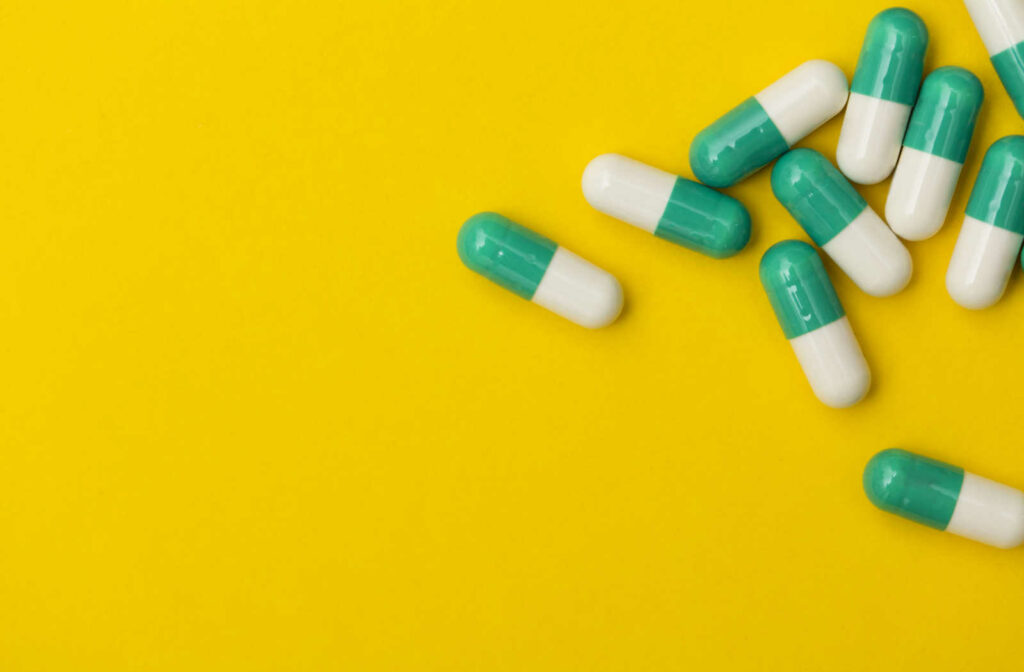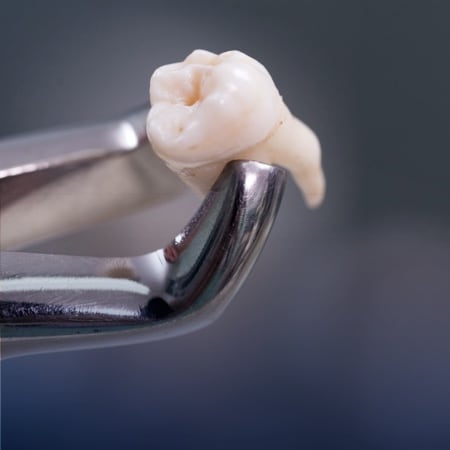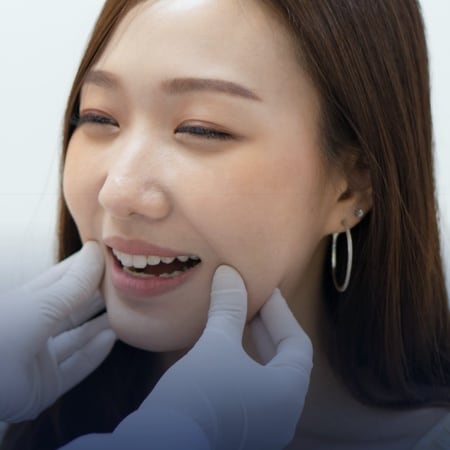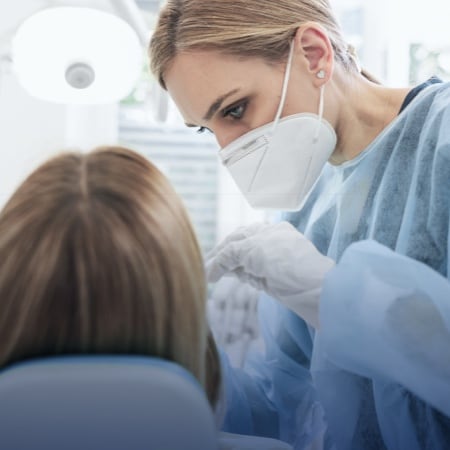If you are preparing to have a tooth extracted, you may be wondering whether or not you should take antibiotics. Rest assured: most people don’t need them after an extraction. However, if you are taking oral antibiotics or have a compromised immune system, it might be a good idea to ask your oral surgeon about taking preventative antibiotics after the procedure.
If you have any more questions about tooth extractions, you’re in the right place. Keep reading to learn more about what they are, why people get them performed, and what to expect during your procedure.
What is a Tooth Extraction?
A tooth extraction, also referred to as a pulled tooth, is a dental procedure during which your tooth is completely removed from its socket. This can include regular teeth affected by crowding, decay, periodontal disease, and can also include wisdom tooth removal.
Why do People Get Teeth Extracted?
When we think about tooth extractions, we tend to imagine that the reason for removal is a serious infection or oral cancer. In fact, there are many reasons why you might get an extraction: Teeth may need to be extracted because:
- They’re decayed or broken and beyond repair
- They’re overcrowded or misaligned in an otherwise healthy mouth
- They’re fractured or you have an impacted tooth
- Your gums are infected or you have severe gum disease
- You’ve suffered from a dental injury or trauma to the mouth
- They’re causing damage to other teeth or gums
In some cases, people have several teeth extracted at once; in others it’s one by one.
Do You Need Antibiotics After a Tooth Extraction?
Antibiotics are sometimes given to people after a tooth extraction, but most people don’t need them, since your mouth does a good job at cleaning itself. Your mouth is full of good bacteria and antibiotics when unnecessary can destroy good bacteria along with the bad bacteria, actually hurting the healing process.
Some patients can benefit from taking antibiotics after tooth extraction, but it is not necessary for everyone. The decision to take antibiotics after tooth extraction should be made by a healthcare provider who knows your medical history. If you have a compromised immune system, or chronic health conditions that could put you at risk of infection, the benefits of taking an antibiotic may outweigh the risks.
Taking Care of Your Teeth After an Extraction
In addition to being prescribed an antibiotic before or after your tooth extraction procedure, there are several things you can do to reduce your risk of developing complications:
- Stay hydrated with plenty of water & other fluids
- Eat soft, high-fiber foods such as mashed fruits & vegetables
- Take pain relievers such as ibuprofen or acetaminophen as instructed by your dentist
- Take time to rest after your surgery & don’t overextend yourself
Possible Side Effects
Your oral surgeon will go over any possible side effects you may experience, but here are a few things you should know about the process:
- Minimal pain is a common symptom of tooth extraction and can be managed with pain medication & ice packs
- Bleeding may occur after any type of surgery, including a tooth extraction
- Swelling is a common side effect
If bleeding or pain persists for more than 48 hours or if you notice any signs of infection such as swelling or redness around the wound site, contact your dentist so that they can assess whether antibiotics are needed to treat any complications that may have occurred during surgery.
Conclusion
If a dentist has referred you for oral surgery, They will help you decide if you need antibiotics after tooth extraction. If you have a general health condition or take medications that make you more susceptible to infection, antibiotics may be beneficial. However, if your immune system is healthy, there’s no reason why you shouldn’t feel safe without them.If you have any questions, concerns, or want more information on tooth extractions, our team at CVOS Oral Surgery is here to help you. Contact us at one of our locations in Mississauga, Oakville, Milton, and Burlington.


